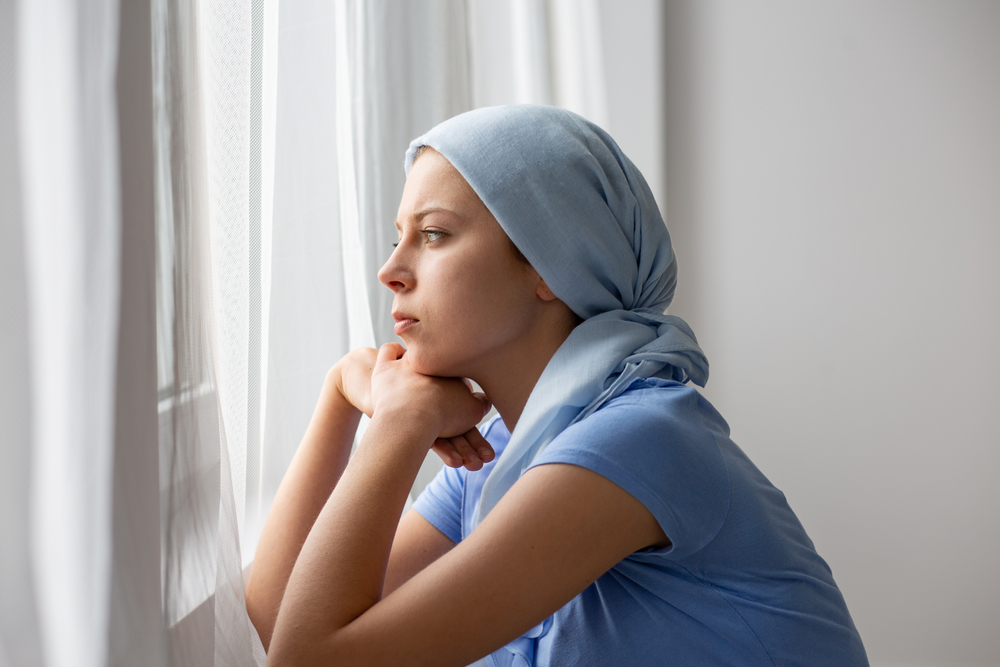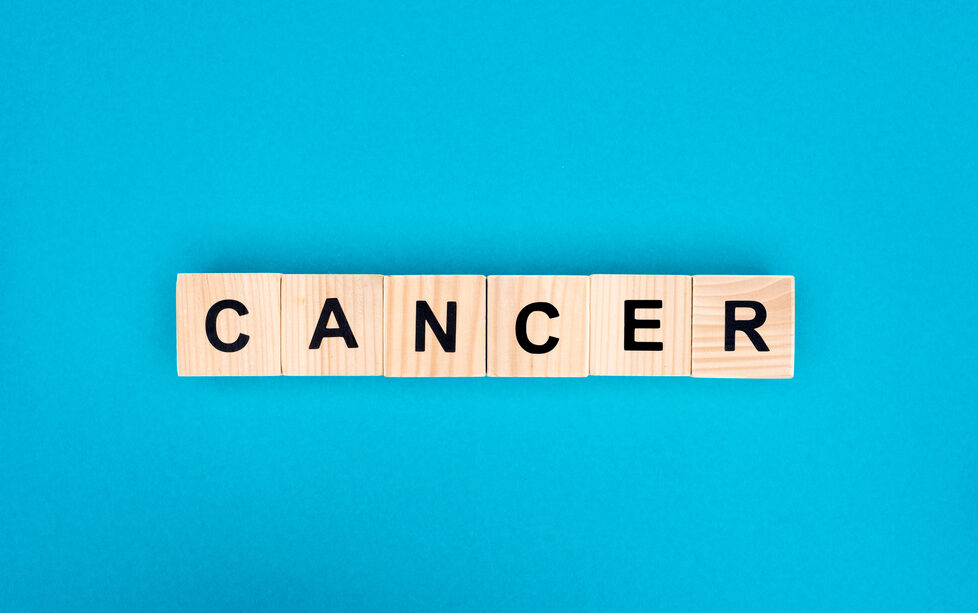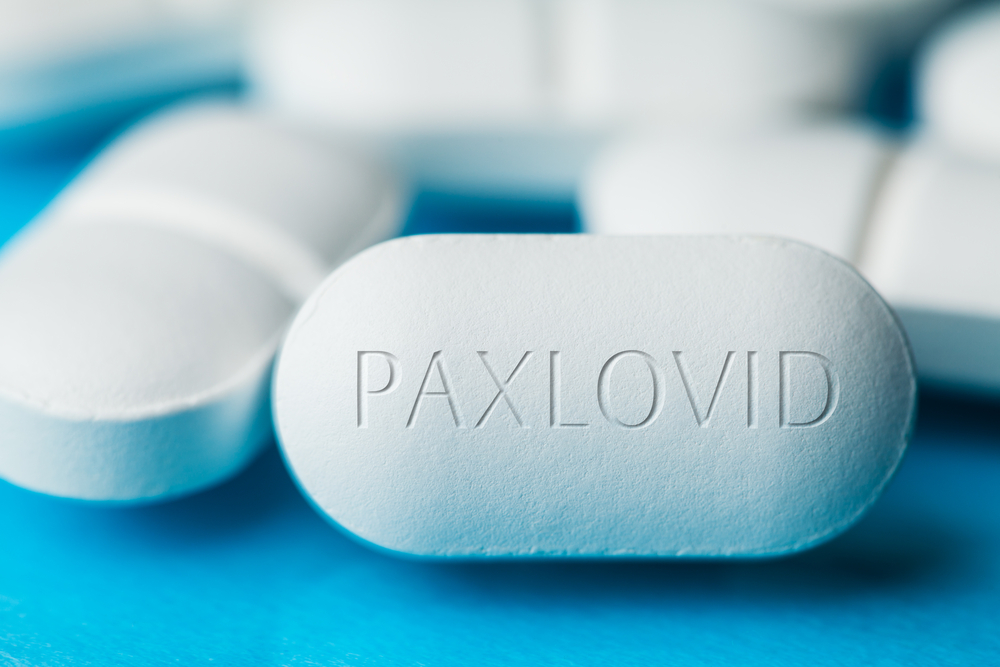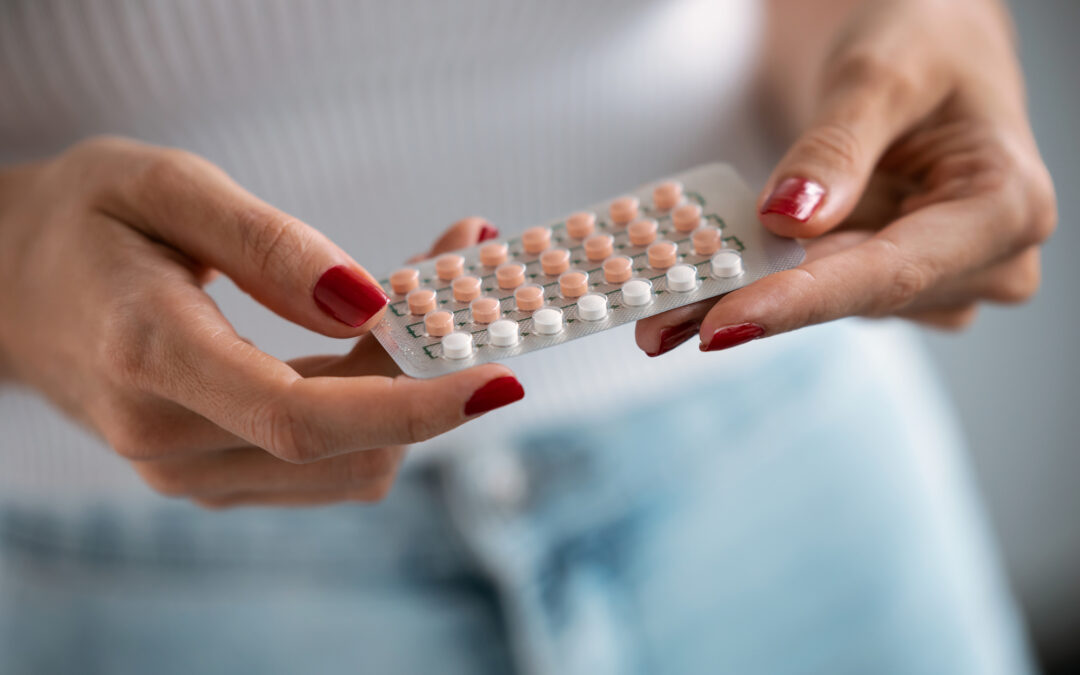Your Private GP and Sexual Health Clinic in Canary Wharf
Latest news and articles from our blog

Embracing Breastfeeding
Insights and Support from Nurse Lare Adebayo's Clinic July marks the celebration of Breastfeeding Awareness Month, a time to acknowledge the profound benefits of breastfeeding while also addressing the challenges many mothers...

Celebrating Pride
Prioritising Gay Men's Sexual Health at Dr. Wayne Cottrell & Co During Pride Month, we celebrate the vibrant diversity and resilience of the LGBTQI+ community and emphasise the importance of health and well-being within this community. A critical aspect of this is...

CBT Transforming Lives at Dr. Wayne Cottrell’s & Co
In the heart of Canary Wharf, Canada Place, Dr. Wayne Cottrell's clinic, is a beacon of hope for individuals grappling with mental health challenges. The Cognitive Behavioural Therapy (CBT) sessions conducted by the esteemed psychotherapist Mr. Greg Quee have garnered...

Everywhere is Queer in London
Hello. I'm Dr. Wayne Cottrell, and I am honoured to be an ally and healthcare provider for the LGBTQ+ community, in London. Our clinic in the dynamic Canary Wharf, is committed to delivering specialised and empathetic healthcare services, particularly emphasising the...

Managing Stress In The Workplace
April's Stress Awareness Month is a timely reminder of the importance of addressing and managing stress, particularly in high-pressure environments like Canary Wharf, London. Dr. Greg Quee, an esteemed Psychotherapist at our clinic, offers specialised stress...

Cervical cancer
Cervical cancer, a significant health concern in the UK, requires heightened awareness and prompt action for early detection and treatment. March, being a month dedicated to bringing this issue to the forefront, emphasises the importance of understanding cervical...

World Cancer Day – Embracing Prevention and Early Diagnosis
World Cancer Day, observed every February, marks a global initiative to raise awareness and encourage cancer prevention, detection, and treatment. In the United Kingdom, cancer remains a critical public health issue, with continuous efforts directed towards reducing...

COVID-19 Treatment Paxlovid
What is Paxlovid? Paxlovid is an oral antiviral medication developed by Pfizer to treat COVID-19. Approved by the UK's Medicines and Healthcare Products Regulatory Agency (MHRA), it is a combination of two drugs: Nirmatrelvir, which inhibits a protein the virus needs...

Sexual Health Services in London
Navigating Sexual Health Services in London Over the Christmas Period The festive season in London, with its dazzling lights, cheerful carols, and the promise of snow, often comes with the hustle and bustle of holidays and an altered schedule for many services. Among...

Contraception
Understanding Contraception: The Best Methods and Their Importance In the reproductive health journey, choosing the proper contraception method is paramount. It allows individuals and couples to plan when or if they wish to have children, and it also plays a role in...
